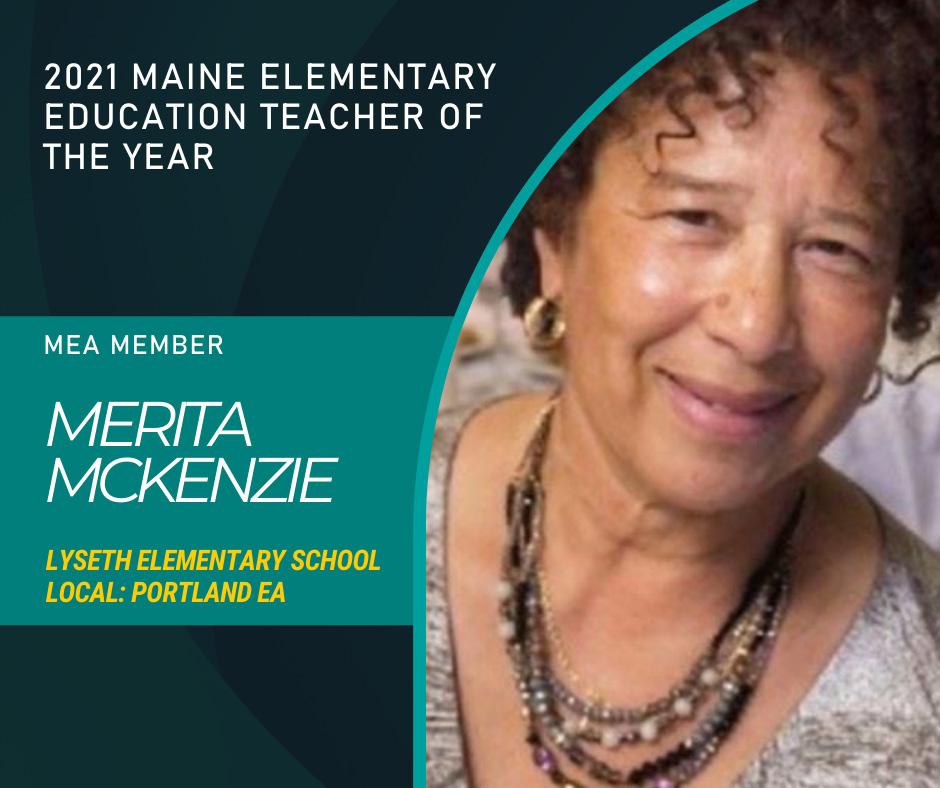
2 minute read
Educators' Rights and the First Amendment
WHAT YOU NEED TO KNOW ABOUT EDUCATORS’ RIGHTS AND THE FIRST AMENDMENT
Curriculum, particularly in subjects such as History and English Language Arts, naturally touches upon topics including race and diversity that are to be taught in an age- appropriate manner.
Students must have the tools to understand and investigate different perspectives. Students should graduate from school ready to engage with others and thrive as respectful, informed, and productive citizens.
School districts routinely promote inclusiveness and equity and celebrate diversity to make all students feel welcome and included in their educational environment.
This approach is appropriate and is in keeping with guidance from the State Department of Education that all students should feel valued, included, and supported regardless of race. However, it is important to remember there are lines in what is appropriate to say inside your school, outside your school and what can potentially be held against you and affect your employment.
Teachers or other educators who want to speak out publicly on their school district’s policy or curriculum with respect to race, diversity, equity, or inclusion should be aware that their First Amendment rights may be limited. • The Supreme Court has found that a public employee speaking about a matter of public concern has first amendment protections. However, that speech is curtailed when public employees make statements pursuant to their official duties. be entitled to First Amendment protection and could face potential discipline.
• There are safer ways to speak out publicly including working with your local union and/or MEA who may be able to help get the message across through protected, concerted action.
A few notes regarding free speech and social media considerations for school employees: 1. There is no absolute right of free speech for anyone! 2. Further, free speech rights are much stricter even more limited for educators and other public employees. A district can restrict some speech in order to ensure it fulfills its duty of educating children safely. 3. Speech for educators and public employees that is NOT protected includes: •Speech related to and in the course of your employment/job •Off-duty speech that causes a substantial adverse impact on your students, the District, or your standing in the classroom. •Speech that is obscene, defamatory, or threatening.
If you have questions about this topic, please reach out to your MEA Field Representative. It is always the intention of MEA to ensure members understand their rights and support them in their profession.
Contact your MEA Field Representative using the MEA App or scan this QR Code:










